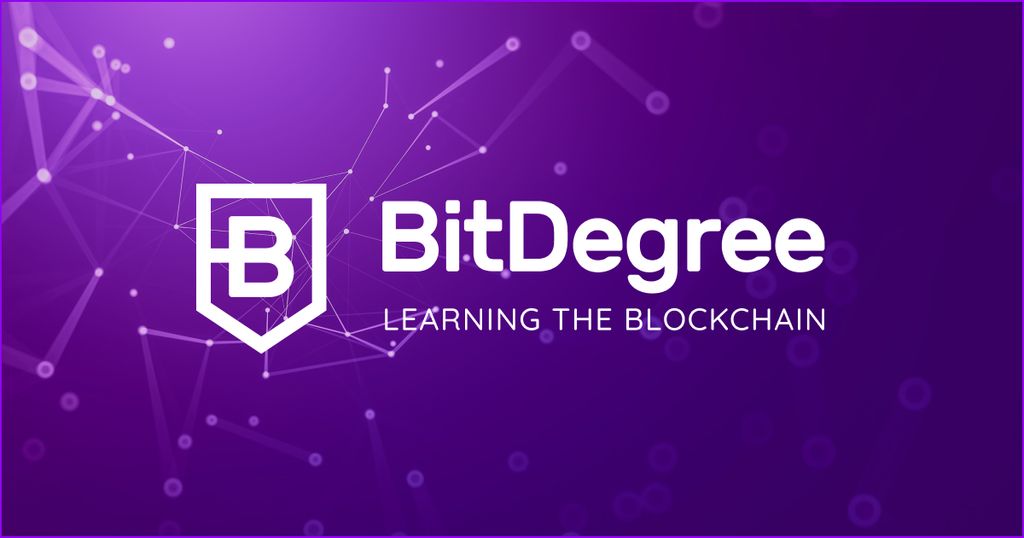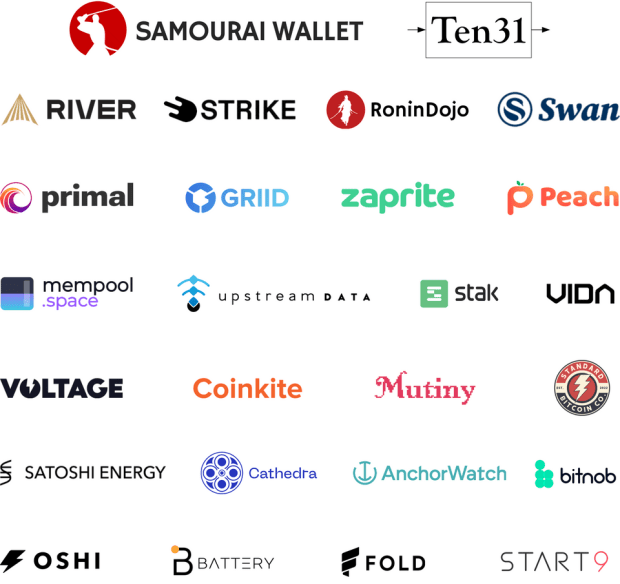Pioneering a new standard in Web3 data access

SEDA, a groundbreaking modular data layer designed for all blockchains, has officially launched its Mainnet Genesis Event. This launch marks a monumental change to the Web3 landscape and introduces new standards for data access, transmission, and organization across all blockchain networks.
Existing data infrastructure designs such as Oracle have struggled to scale and meet the needs of the rapidly evolving Web3 ecosystem. These designs often require a base deployment to each new network as each new feed is created, so the integration backlog can last up to nine months. These bottlenecks have stifled innovation, created technology fragmentation, and created significant challenges for developers.
SEDA’s modular data layer addresses these challenges head-on by providing seamless integration on a 100% permissionless basis. This innovative approach allows developers to access any data type, on any chain, at any time, eliminating the need for native deployments and providing unprecedented flexibility.

A new era of developer flexibility
SEDA’s mainnet launch marks the beginning of a new standard for developer flexibility in the Web3 space. With its modular and chain-agnostic design, SEDA aims to provide complete developer flexibility through chain-agnostic integration and programmable data feeds. This “permissionless selectivity” is perfectly in line with the spirit of Web3, allowing builders to create without restrictions.
“Permissionless development is a cornerstone of Web3,” said Jasper, CTO and co-founder of SEDA. “We are excited to launch a new permissionless standard for data access that will allow developers to leverage SEDA to build what they want, anywhere.” He said.
One of the key challenges facing Oracle and Bridge is the need for developer traction to justify costly and resource-intensive deployments. Conversely, developers need access to data to generate traction, creating a classic chicken-and-egg problem. SEDA’s data layer solves these problems by providing over 230 blockchains by default. This allows builders to connect permissionlessly through a single contract across any network with same-day data access.
Feature-rich release coming soon
The mainnet launch is just the beginning for SEDA. The project plans to release a number of new features in the coming months. This includes SEDA’s solver deployment, an overlay network that provides one-click node spin-up for the community, and custom mechanisms for capturing network OEV and redistributing value back into the hands of network participants.
SEDA has already received significant support from leading venture capitalists, raising over $22 million from investors such as Coinbase, Reciprocal Ventures, Distributed Global, Coinfund, and Hack VC. Additionally, the mainnet has been audited by leading security firm Trail of Bits and boasts a theoretical limit of 10,000 transactions per second. The mainnet will be launched by Genesis’ 20 industry-leading professional validators.
Overall, SEDA sets a new standard for modular data transport, access, and composition, giving networks unprecedented flexibility to query any data type at any time. With native support for over 230 blockchains, SEDA provides developers with permissionless options to query and organize data to meet all developer needs.
As SEDA continues to innovate and expand its products, it is poised to play a pivotal role in shaping the future of Web3 data infrastructure, driving the decentralized revolution, and enabling developers to build the next generation of blockchain applications.
Source: https://blockchainreporter.net/seda-launches-on-mainnet-pioneering-a-new-standard-in-web3-data-access/



